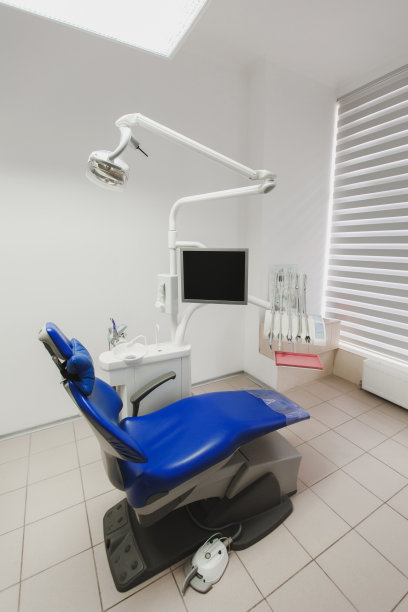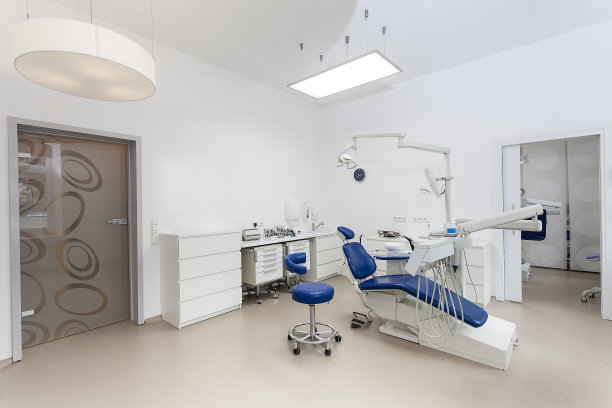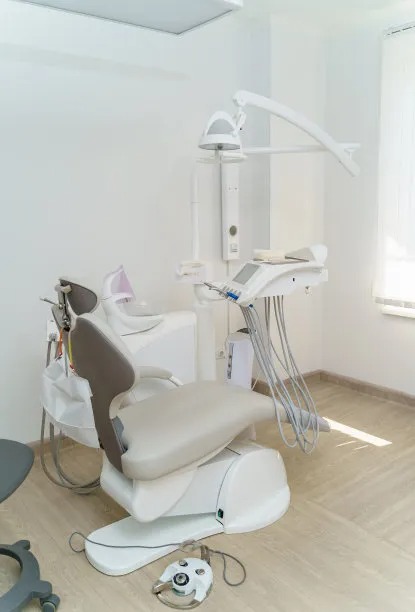Summary: Managing anxiety and recovery after tooth extraction can be a daunting experience for many individuals. This guide aims to provide essential insights and practical tips to navigate this challenging time. It explores the psychological impact of dental surgery, effective coping strategies, recommended recovery practices, and the importance of professional support. By understanding these key aspects, patients can alleviate their anxiety and promote a smoother recovery process, ultimately leading to better dental health outcomes.
1. Understanding the Psychological Impact

Tooth extraction often triggers a myriad of emotions, including fear, anxiety, and uncertainty. Many patients may feel overwhelmed by the thought of surgery and may worry about the pain or the outcome. Understanding that these feelings are common is the first step towards managing them effectively.
Psychologically, the anticipation of a dental procedure can induce stress. This stress may not only manifest as anxiety but also influence physical responses, such as increased heart rate and tension. Recognizing these signs can help patients implement calming techniques prior to the appointment.
Additionally, educating oneself about the extraction process can significantly alleviate anxiety. Knowing what to expect beforehand can demystify the procedure, thus reducing fear and promoting a more positive outlook. Seeking information from dental professionals or trusted resources is a helpful strategy.
2. Coping Strategies for Managing Anxiety
Implementing effective coping strategies can play a pivotal role in managing anxiety surrounding tooth extraction. One of the popular methods includes deep breathing exercises, which help calm the nervous system and reduce physiological symptoms of anxiety.
Another valuable technique is visualization. By picturing a positive experience during the extraction—such as a successful procedure and the relief that follows—patients can shift their focus from fear to encouragement, fostering resilience in the face of anxiety.
Additionally, practicing mindfulness and meditation can be highly beneficial. Developing these techniques allows individuals to remain grounded in the present moment, minimizing intrusive thoughts about the procedure. Engaging in short mindfulness sessions before the appointment can significantly improve emotional well-being.
3. Recommended Recovery Practices
After the tooth extraction, following specific recovery practices is vital to ensure a smooth healing process. Initially, it’s essential to adhere to the dentist’s post-operative instructions, including dietary restrictions and pain management strategies. This adherence not only promotes physical healing but also reduces anxiety about potential complications.
Maintaining proper oral hygiene after the procedure is also crucial. Rinsing gently with saltwater and avoiding vigorous brushing can help prevent infections while ensuring the site heals properly. Knowing that they are taking appropriate care can mitigate patients’ worries about their recovery.
Moreover, engaging in light activities or distractions, such as reading or watching movies during recovery, can also improve a patient’s emotional state. This diversion can ease the recovery process, making it feel shorter and more manageable.
4. The Importance of Professional Support
Accessing professional support cannot be overstated. Patients should not hesitate to discuss their anxieties with their dentists or oral surgeons prior to the procedure. These professionals can offer reassurances, share what to expect, and even prescribe anti-anxiety medications if necessary.
Furthermore, following up with dental professionals after the extraction is equally important. Whether it’s a simple check-up or discussing concerns about recovery, maintaining open lines of communication can help patients feel supported during their healing journey.
Lastly, seeking support from family and friends can provide emotional comfort. Sharing experiences and feelings with loved ones can diminish feelings of isolation and fear, allowing individuals to approach their recovery more positively.
Summary:
In conclusion, managing anxiety and ensuring a smooth recovery after tooth extraction is crucial for overall dental health. By understanding the psychological impacts, implementing effective coping strategies, adhering to recommended recovery practices, and utilizing professional support, patients can navigate this experience with increased confidence and reduced anxiety.
This article is compiled by Vickong Dental and the content is for reference only.
Vickong Dental
Vickong Dental is a large medical group established in Hong Kong in 2008 by professors from well-known medical universities in Guangdong and Hong Kong, as well as medical doctors from key national '985' universities (including Master's supervisors and senior professors). The chain of branches brings together expert dentists with PhDs and Master's degrees from Hong Kong and Mainland China, committed to providing high-quality dental treatment.
"Vickong Dental Practices the University Motto of 'Healing and Serving Society,' with a Stable Operation for Sixteen Years. It Has Been honored with Hong Kong Enterprise Leaders's Choice,' and is a Global Trusted Implant Center for the Nobel Implant System. Recommended by Hong Kong Metro Broadcast and Guangdong Television, it Serves Customers from Over Thirty Countries and Regions, Gaining the Trust and Favor of Citizens from the Guangdong-Hong Kong-Macau Greater Bay Area and Surrounding Cities.

Thousands of customers' unanimous praise
The most recognized and highly recommended dental service by customers in the Guangdong-Hong Kong-Macau Greater Bay Area
We Ensure You Receive Detailed Care and Attention Here
Hong Kong standards, Shenzhen prices, Your Trusted English-speaking dentists

Vickong Dental Medical-Grade Instrument Disinfection Process
Vickong Dental Medical-Grade Instrument Disinfection Process

Vickong Dental Chain: A Warm and Comfortable Environment for Treatment






Appointment Hours

Q&A
Why choose Vickong Dental?
Vickong Dental practices the university motto 「Medicine to Benefit Society」, with each branch bringing together highly qualified dentists with doctoral and master’s degrees from Hong Kong and the Mainland, and has maintained seventeen years of steady operation。Recipient of 「2024 Hong Kong Enterprise Leaders Brand」, 「2025 Hong Kong Enterprise Leaders Brand」, a Nobel Biocare Global Trusted Implant Center, and a brand recommended by Metro Radio Hong Kong and Guangdong TV。
To date, we have served customers from more than thirty countries and regions,earning exceptionally high word-of-mouth recognition and trusted recommendations from residents across the Guangdong-Hong Kong-Macao Greater Bay Area and surrounding cities
We have eight major branches in Zhuhai、Shenzhen,and a consultation and service assurance center in Hong Kong,so you can book a free consultation at any time for any questions,which is very reassuring.
If I do not accept the quotation after the CT scan, will I be charged??
No! As long as the actual treatment has not started, you will not be charged any fees.
Will there be any additional charges during the treatment process?
No, there won’t be any additional charges. Before treatment begins, we will clearly explain the treatment plan and its corresponding fees. Only after the patient agrees and signs the consent form will we proceed with the dental service.
Can I pay in Hong Kong dollars?
Yes. Vickong Dental accepts payment in Hong Kong dollars. The amount will be converted based on the exchange rate of the day, and the applicable rate will be clearly communicated to you in advance.
Can I reschedule my appointment at any time?
Yes. Please contact us via **WeChat** or **WhatsApp** as early as possible, providing your original appointment time and details, along with your preferred new date and time slot for rescheduling.













